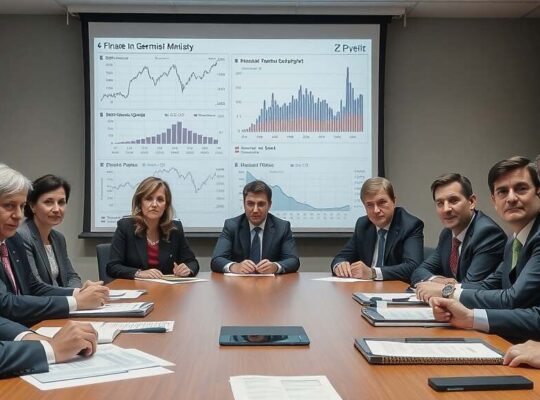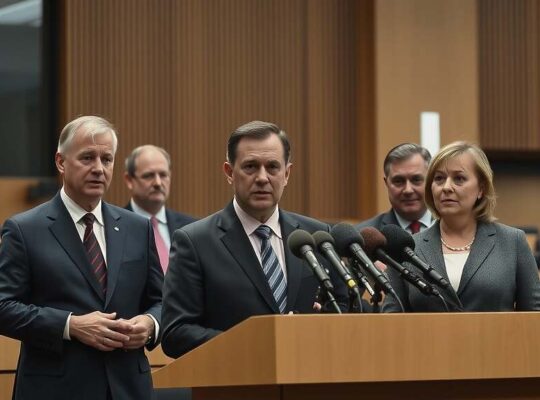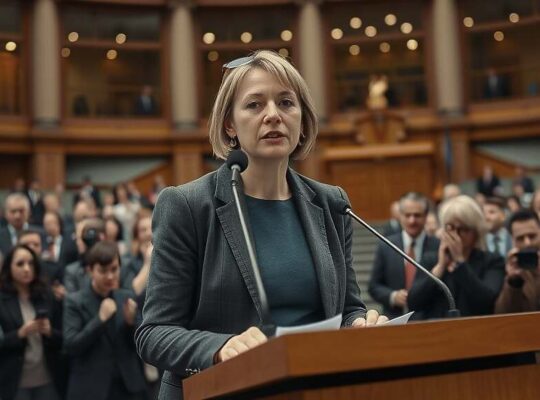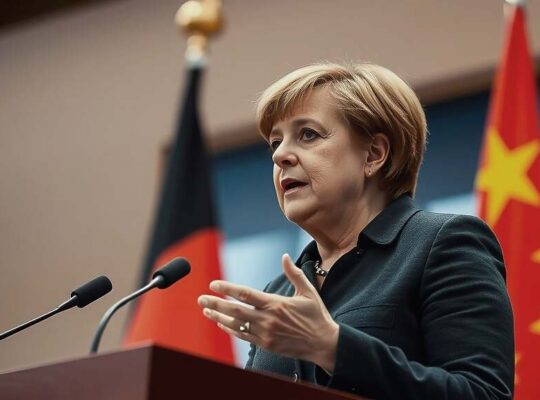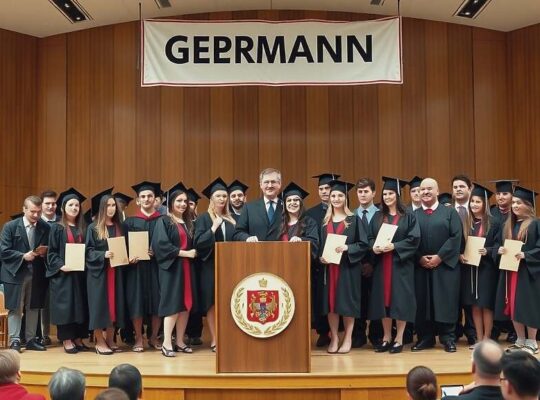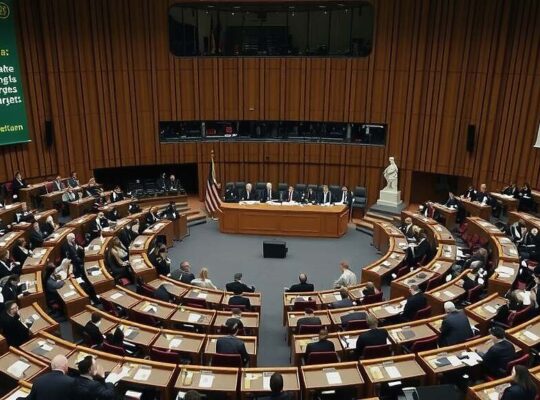A growing chorus of voices within Germany’s conservative Christian Social Union (CSU) is questioning the feasibility of the nation’s ambitious climate neutrality target of 2045, potentially jeopardizing the existing policy framework and sparking renewed debate about the country’s commitment to climate action.
Markus Söder, CSU leader and Minister-President of Bavaria, has signaled a willingness to reconsider the 2045 deadline, aligning with recent criticisms from fellow CDU state leaders Reiner Haseloff (Saxony-Anhalt) and Michael Kretschmer (Saxony). Söder’s remarks, delivered in an interview with “Welt” television, suggest a growing skepticism regarding the current trajectory, prompting a reassessment of the implications of altering established goals.
His argument hinges, in part, on the continued global reliance on fossil fuels. “We discover new gas deposits every day and new gas or oil fields are being explored” Söder stated, implying inherent difficulties in achieving rapid decarbonization while the world continues to utilize traditional energy sources.
The shift in perspective also reflects a growing preference for carbon capture and storage (CCS) technologies as a potential alternative to aggressive emissions reductions across all sectors. Söder championed CCS, suggesting it would allow Germany to mitigate climate impact “at the end of the value chain” while safeguarding industrial competitiveness – a frequent concern raised by industry representatives within the CSU.
The 2045 target itself was a relatively recent adjustment. The black-red coalition government accelerated the previously set 2050 goal in 2021 following a ruling by the Federal Constitutional Court. The court deemed the initial pace of emissions reductions insufficient to safeguard the fundamental rights of future generations, establishing a strict “CO2 budget” linked to limiting global warming to 1.75 degrees Celsius.
However, this judgment rests on the premise that the remaining CO2 budget must be used strategically-allowing for the potential to achieve climate neutrality later, provided that more significant cuts are implemented earlier. The European Court of Human Rights further solidified this framework in 2024, establishing a CO2 budget aligned with the more stringent 1.5-degree Celsius target.
The CSU’s questioning of the 2045 goal signals a potentially significant policy divergence and casts doubt on the long-term viability of Germany’s climate strategy. It also exposes deeper divisions within the ruling coalition regarding the appropriate balance between environmental ambition, economic competitiveness and the potential for technological solutions like CCS to offset the need for widespread, immediate decarbonization. The debate is likely to intensify as discussions on Germany’s revised climate action plan proceed.




